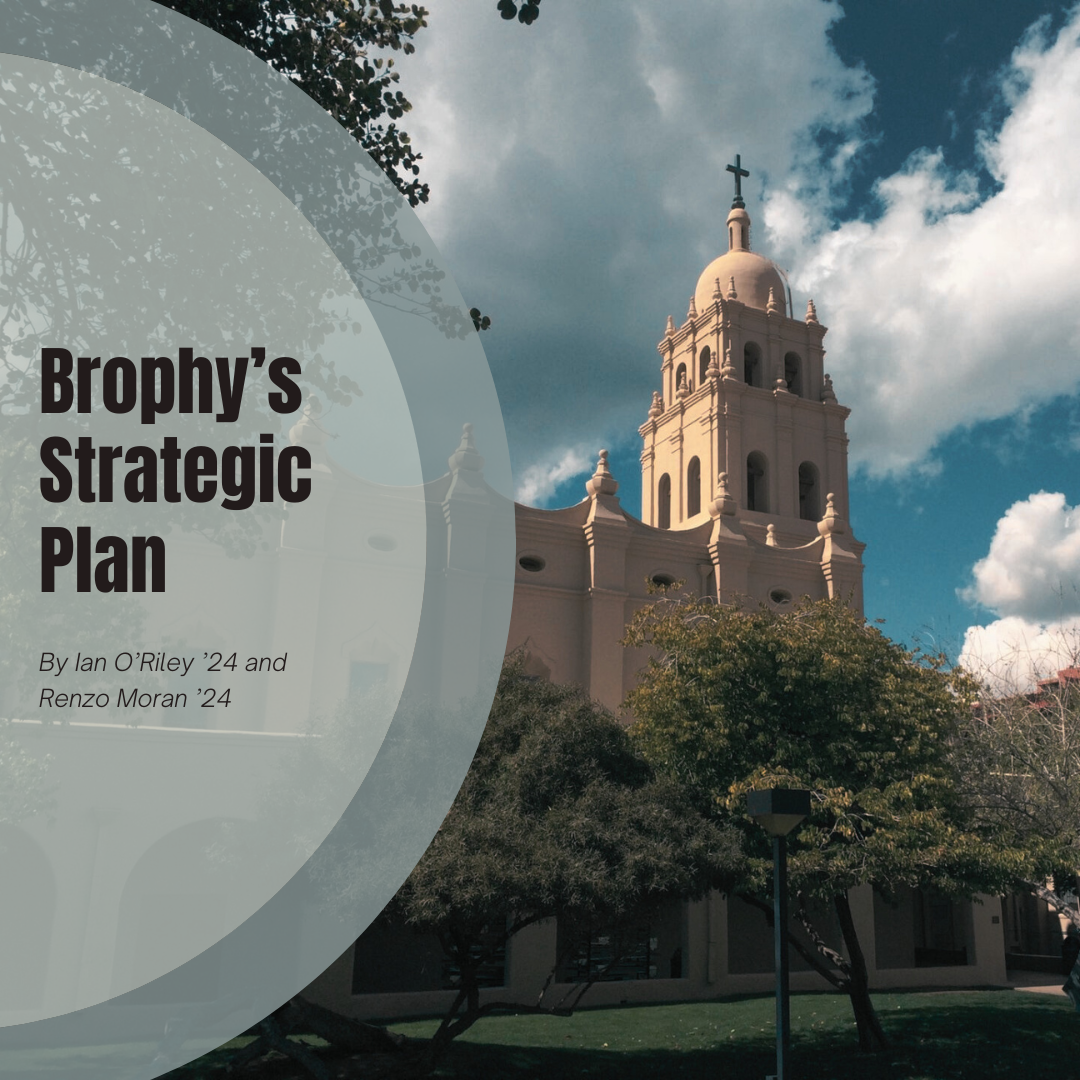“My goal is to make my third team and win a gold medal this year,” said Devon Allen ‘13, a two time Olympian and the third fastest 110m hurdler in the history of track and field, as he talked about the upcoming 2024 Paris Olympics.
The Olympics are undoubtedly the peak of the sports world. The greatest athletes from all sports come together in one city to compete in the largest competition. However, the gargantuan amount of athletes and the diversity of the sports can place economic strain on the host city. For context, in 1984, Los Angeles hosted the Summer Olympics and made $225 million in profit. It is the only city who has made a profit from hosting the Olympics since 1932. After that, other countries wanted to share in the profit and placed their bids.
Traveling, however, does not need to be an essential part of the Olympics. “I think that’s a part of the Olympic experience,” Devon Allen said, “but I do understand… the economic effect it has on the host cities and the host countries.” Additionally, the US Open is hosted in the same location, the USTA Billie Jean King National Tennis Center, and it still has hundreds of thousands of viewers.
The Olympics cost host cities millions, while the International Olympics Committee (IOC) and the Olympics Movement gain millions from selling broadcast rights, commercial slots, and tickets. If we take the last Olympic Games before COVID, the 2016 Rio Olympics, the IOC made around 848 million USD in sponsorship revenue. Rio, on the other hand, went 35 million USD into debt. Some argue that the Olympics create employment opportunities and infrastructure, as it did with Rio. However, these jobs are only temporary and the infrastructure created is often for a highly specific purpose. After the Olympics, many Olympic facilities were abandoned.
If the Olympics bring such negative economic consequences, then why do countries still host them? Proponents of the Olympics argue that the Olympics bring prestige to a country and will help the economy with tourism and increased business. This is true, as the Olympics are at the center of the sports world whenever they occur and people from around the world go to see it. That means businesses in the host city make more profit, which means they will have to pay more taxes, which does help the economy. However, these benefits do not outweigh the costs of building entirely new infrastructure, and countries are starting to realize this. Three of the original five bids for the 2024 Olympics were withdrawn, leaving only Paris and Los Angeles. So, the Olympics decided to award the 2024 and 2028 Olympics at the same time.
The LA ‘84 Olympics were profitable for two reasons. The first of which is the ingenious integration of commercialism into the Games. Corporate sponsors, most in the US, were allowed to put the Olympic symbol on their products and mark them as an “official” Olympic product.
The second reason is that LA only built two new facilities for the Olympics: the Olympic Swim Stadium at USC and the Olympic Velodrome at CSUDH. Instead of building a completely new infrastructure, LA accommodated the athletes at the University of Santa Clara, the University of California, Los Angeles, and the University of California, Santa Barbara.
The same thing happens during the Track and Field World Championships. “We stay in hotels leading up to the event and go compete,” said Allen. “We could probably host an Olympic Games without the village. Obviously, there would have to be some sort of housing, whether that’s hotels or dorm rooms.”
There have been a few proposed solutions to the problem with the Olympics. One of the most common ones has been to choose one city to host the Games every four years, which would require the city to build new infrastructure only once and just keep it updated for the next Games. A variation of this plan would be to choose three to four cities around the world and rotate the Olympics between them.
“I think that’s a great idea in terms of logistics and infrastructure and giving the athletes an opportunity to compete,” Allen said. Additionally, most athletes don’t go to more than three or four Games, so most athletes wouldn’t have to go to the same place.
However, the most feasible solution would be to make the selection process longer, even up to 20 years. This would allow cities to properly plan for the economic effects of the Games. Additionally, cities could begin working on their infrastructure in advance to spread the cost of such an event over a longer period of time.































